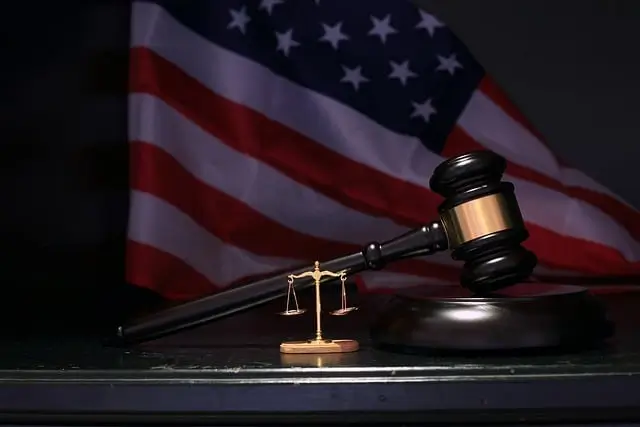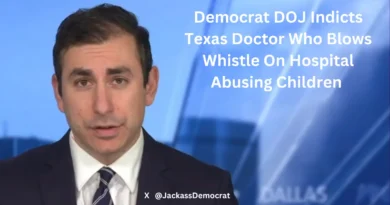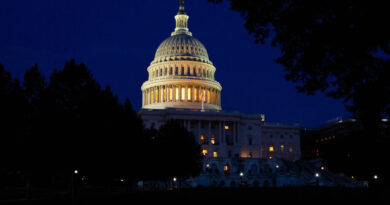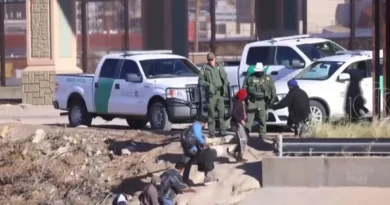Do Pardons Protect Against Civil Lawsuits
Understanding Preemptive Pardons: Legal Protections and Limitations
Do Pardons Protect Against Civil Lawsuits ? The concept of a preemptive pardon—a presidential pardon granted before a person is charged or convicted—raises important legal and ethical questions. If members of the January 6th Committee or President Biden’s family were to receive such pardons, it would shield them from certain legal consequences. However, pardons do not offer blanket protection. To fully understand their impact, we need to explore their scope, legal limitations, and potential consequences.
1. What is a Preemptive Pardon?
A preemptive pardon is granted before formal charges or a conviction occur. The most famous example is Gerald Ford’s pardon of Richard Nixon following the Watergate scandal, which covered any crimes Nixon might have committed while in office. Similarly, a president could issue pardons covering potential federal crimes committed by individuals like Biden’s family members or the January 6th Committee members.
2. What Legal Protections Do Pardons Provide?
A. Protection from Federal Criminal Prosecution
- The U.S. Constitution (Article II, Section 2) gives the president broad power to pardon individuals for federal crimes.
- If a person receives a preemptive pardon, they cannot be prosecuted at the federal level for the offenses covered.
- This means if Biden were to pardon his son Hunter or others close to him, they would be immune from federal prosecution for the crimes specified in the pardon.
- Similarly, if members of the January 6th Committee were pardoned, they could not face federal charges related to actions they took while investigating the attack.
B. No Protection from State-Level Charges
- Presidential pardons do not apply to state crimes. If a person has committed an offense that violates state law, state attorneys general or district attorneys can still prosecute them.
- For example, if Hunter Biden were pardoned for potential federal financial crimes but had also violated Delaware state law, he could still face prosecution at the state level.
- This limitation was evident in Paul Manafort’s case—Trump pardoned him for federal charges, but state prosecutors attempted to pursue state charges (though the case was later dismissed due to double jeopardy concerns).
C. No Protection from Civil Lawsuits
- A presidential pardon does not prevent private individuals from filing civil lawsuits.
- Civil cases deal with personal damages rather than criminal guilt. If someone claims they were harmed by a person’s actions, they can still sue for damages in court.
- For example, if January 6th defendants or Capitol Police officers believed members of the January 6th Committee committed wrongful acts that led to harm, they could pursue civil claims even if those committee members were pardoned.
- Similarly, if business partners or others felt financially harmed by Hunter Biden’s dealings, they could still sue in civil court.
3. Could a Preemptive Pardon Be Overturned?
While the presidential pardon power is broad, it is not absolute. There are situations where pardons can be challenged:
A. If Issued to Obstruct Justice
- If a pardon is seen as an attempt to obstruct an ongoing investigation, courts may intervene.
- For instance, if Biden issued broad pardons to stop investigations into his family’s business dealings, some legal scholars argue this could be an abuse of power.
- However, courts have been reluctant to overturn pardons, making this a legally complex issue.
B. If the Language is Too Vague
- A pardon must be specific enough to cover identifiable crimes.
- If a pardon is too broadly worded (e.g., “I pardon Hunter Biden for any crimes he has ever committed”), it could be challenged for vagueness.
- The Nixon pardon was carefully worded to cover crimes related to his presidency, setting a precedent for how specific a pardon must be.
4. Ethical and Political Consequences
Granting preemptive pardons to political allies, family members, or government officials is highly controversial. Here’s why:
A. Public Backlash and Political Fallout
- Pardons seen as self-serving can erode public trust in the justice system.
- Ford’s pardon of Nixon was widely criticized at the time, though some later viewed it as an act of national healing.
- If Biden were to preemptively pardon his son or other family members, political opponents would likely accuse him of corruption.
B. Potential Congressional Investigations
- Congress has oversight authority and could investigate the reasoning behind politically sensitive pardons.
- If Republicans control Congress, they might launch hearings into whether a Biden pardon was part of a broader cover-up.
- Even though Congress cannot reverse a pardon, they can use their investigative power to influence public perception.
5. Historical Examples of Controversial Pardons
Understanding past pardons can provide insight into how similar cases might unfold today:
A. Gerald Ford’s Pardon of Richard Nixon
- Ford granted Nixon a blanket pardon for any crimes he “may have committed” while in office.
- The move was seen as an attempt to end political turmoil, though it severely damaged Ford’s reelection chances.
B. Bill Clinton’s Pardon of Marc Rich
- On his last day in office, Clinton pardoned billionaire fugitive Marc Rich, whose ex-wife had donated heavily to the Democratic Party.
- The pardon was widely condemned as politically motivated.
C. Donald Trump’s Pardons of Political Allies
- Trump issued pardons to several loyalists, including Michael Flynn, Roger Stone, and Paul Manafort.
- These pardons were controversial because they benefited close political associates.
Do Pardons Protect Against Civil Lawsuits
Conclusion: What Does This Mean for Biden’s Family and the January 6th Committee?
If Biden were to issue preemptive pardons for his family members or political allies, it would shield them from federal criminal prosecution, but:
- State-level prosecutions could still proceed.
- Civil lawsuits would still be allowed.
- Congressional investigations could still take place.
- Public backlash could damage Biden politically.
Ultimately, while a presidential pardon is a powerful tool, it is not an impenetrable shield. The legal and political consequences of using such pardons remain significant, making their use in politically sensitive cases highly controversial.




